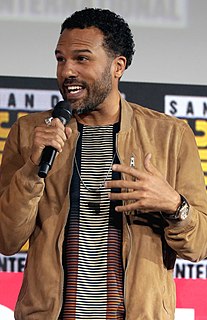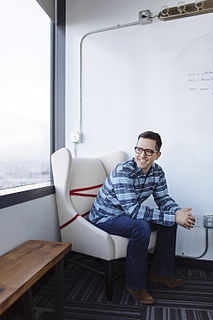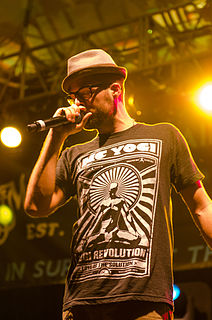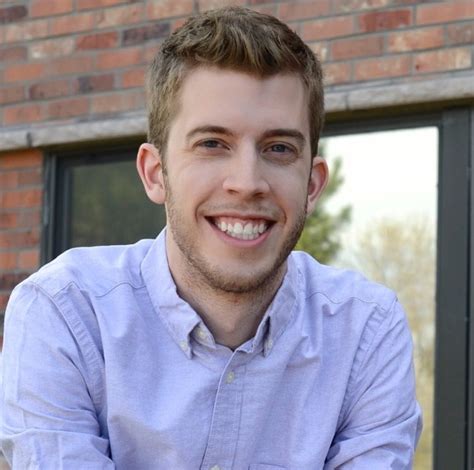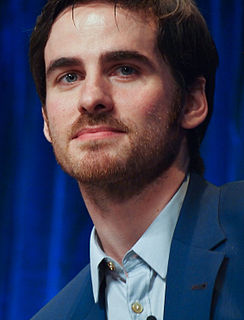A Quote by Pico Iyer
Visiting a new town is like having a conversation. Places ask questions of you just as searchingly as you question them. And, as in any conversation, it helps to listen with an open mind, so you can be led somewhere unexpected. The more you leave assumptions at home, I've found, the better you can hear whatever it is that a destination is trying to say to you.
Related Quotes
Generally I find that kids ask better questions than you get with adults. Something that kids will do a lot is, they're so nervous, and they're not really paying attention, so they'll ask the same question someone just asked. And you're trying to be nice and not embarrass them any more than they are already.
Very few interviews are a conversation. It's usually a question and I have to answer for two minutes. By the end of the day, I kind of feel gross. It's like you go to dinner with a friend and then you get home and you're like: "Ugh, I dominated that conversation too much. I wish I let them talk more." That's how it feels for me every day I do press.
I love seeing the videos of people who go and talk to these neo-Nazis because they're like, 'I'm just here to have a conversation and understand.' Having a conversation about it and talking about your emotions without judgement. You have to be able to be completely open, because they're not going to be, but you could turn a new leaf in their life.
I happen to disagree with the well-entrenched theory that the art of conversation is merely the art of being a good listener. Such advice invites people to be cynical with one another and full of fake; when a conversation becomes a monologue, poked along with tiny cattle-prod questions, it isn't a conversation any more.
'The Conversation' is one that, if you watch 'The Conversation' for the opening sequence, where you hear a conversation taking place as the master - this zoom from way up is zooming in over a park. And I was just absolutely blown away by it because you can hear exactly what's happening, but you don't see. You've got no idea who's talking.
I've gotten a lot of young gay kids come up to me and talk to me about how the little things I've said in the press has helped them come out to their parents, or just be open with who they are, and feeling invigorated by that. So that honestly means a lot to me to hear that the things that I say in the press, they do hear, and they see, and it helps them at least to start the conversation.


